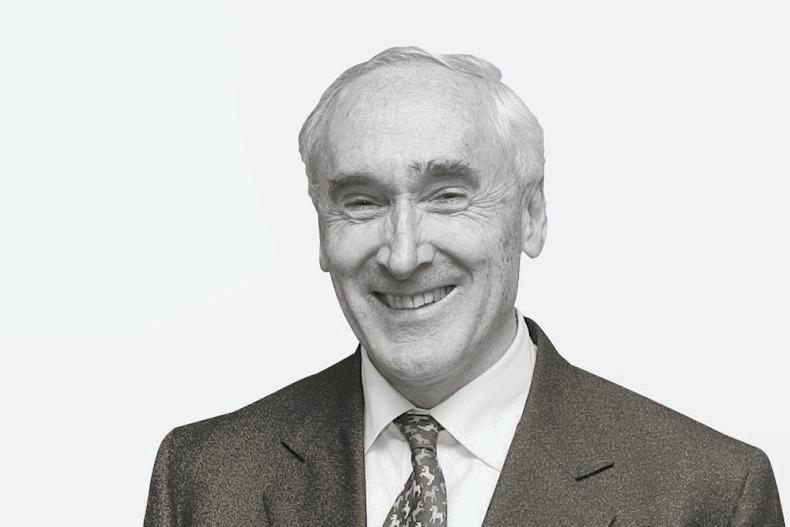The Irish Government was well represented at this week’s Sustainable Development Goals (SDG) summit, hosted by the United Nations (UN) in New York.
The Assembly had the grand ambition of being “the beginning of a new phase of accelerated progress towards the SDGs, with high-level political guidance on transformative and accelerated actions leading up to 2030”.
The UN Food and Agriculture Organisation (FAO) released their 2023 progress report ahead of the event, and it suggests that delivery on the SDGs is behind target.
Two of the key metrics – elimination of global poverty and hunger – have deteriorated since 2020, with the pandemic and war in Ukraine contributing.
These crises have pushed an extra 75 to 95 million people into extreme poverty, and it is estimated that roughly 575 million people will be in extreme poverty by 2030, the great majority in Sub-Saharan Africa.
Rise in hunger
In relation to the second key metric, hunger, the number of people living with hunger increased from 8% in 2019 to 9.8% in 2021.
Africa is, again, the worst hit region, with approximately 20% of its population exposed to hunger in 2021.
The individual countries worst affected by hunger between October 2022 and January 2023 were Afghanistan, Ethiopia, Nigeria, South Sudan, Somalia and Yemen, and up to “205 million people were expected to face acute food insecurity and be in need of urgent assistance” in this period.
The only regions of the world not showing a deteriorating position with hunger are Europe, North America, and Eastern and South East Asia. Everywhere else is worse off than a decade ago, meaning that the world’s wealthiest countries are also the most food-secure.










SHARING OPTIONS